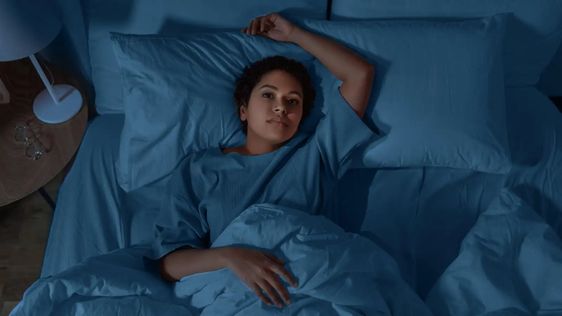Introduction
We've all heard them - those whispered words of sleep wisdom passed down through generations or touted on social media. But how much of what we believe about sleep is actually true? The realm of sleep is surprisingly riddled with myths that can mislead us, impacting our sleep quality and overall well-being.

This article delves into some of the most common sleep myths, separating fact from fiction. By debunking these misconceptions, we aim to empower you with the knowledge to make informed decisions about your sleep hygiene and achieve truly restful nights.
Myth 1: More Sleep Is Always Better
While getting enough sleep is crucial, more isn't always better. Oversleeping can disrupt your natural sleep-wake cycle, leaving you feeling groggy and interfering with your nighttime sleep. The ideal sleep duration varies, but most adults generally need 7-9 hours.
Myth 2: You Can Train Yourself to Need Less Sleep
This is one of the most persistent sleep myths. While you might adapt to a reduced sleep schedule temporarily, your body still requires adequate rest. Consistently shortchanging your sleep can lead to chronic sleep deprivation, negatively impacting your cognitive function, mood, and physical health.
Myth 3: If You Can't Sleep, Just Lie In Bed
Tossing and turning for hours? Lying in bed when you can't sleep can actually reinforce negative associations with your sleep environment. If you're unable to fall asleep after 20 minutes, get out of bed and engage in a relaxing activity until you feel tired.
Myth 4: Alcohol Before Bed Improves Sleep
While a nightcap might make you feel drowsy initially, alcohol disrupts your sleep later in the night. It interferes with REM sleep, which is essential for cognitive function and memory consolidation. This can leave you feeling less rested in the morning.

.jpg)